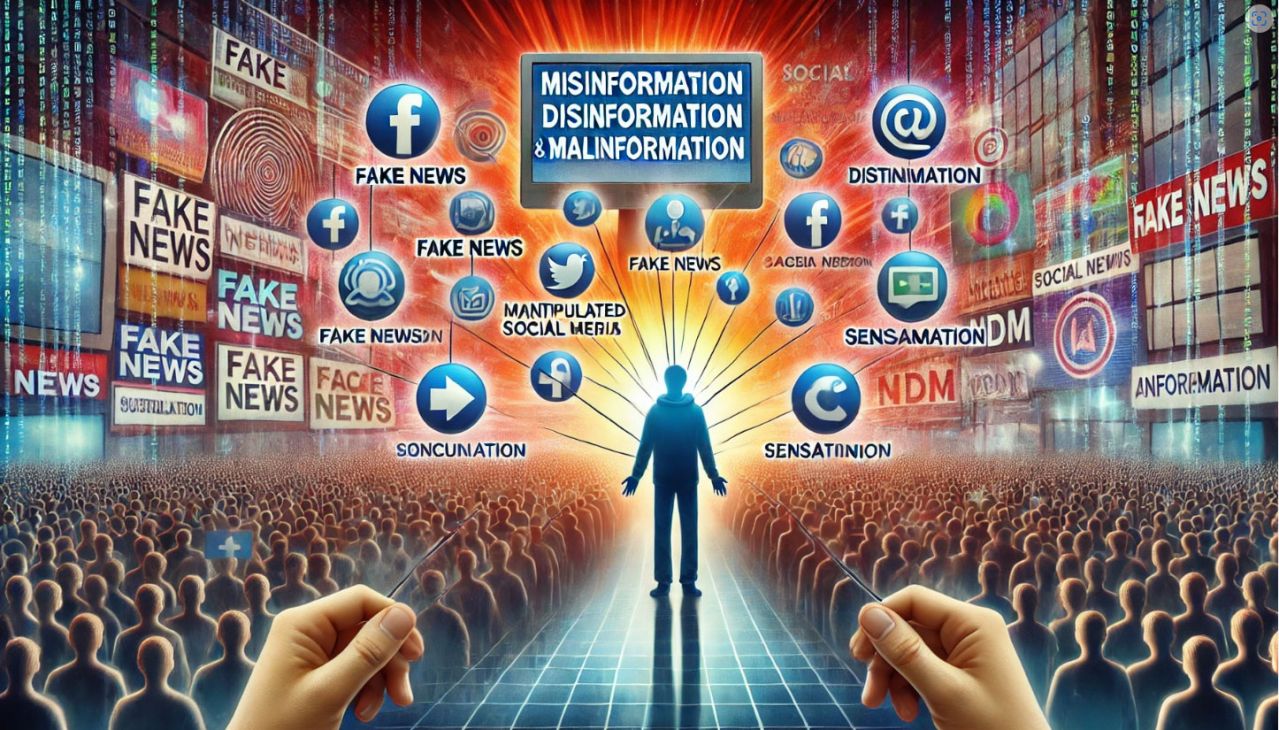From their unchecked influence on democracy to their invasive impact on personal autonomy, social media connects societal challenges to deeply personal consequences, affecting how individuals think, feel, and act.
For instance, studies show that fake news spreads up to 70% faster than factual information, creating widespread mistrust and division within societies.
Two recent commentaries—Spanish Prime Minister Pedro Sánchez’s speech at the World Economic Forum in Davos and Ian Dunt’s essay, "How to Resist the Tech Overlords"—highlight the multifaceted dangers posed by social media.
Together, these perspectives paint a compelling picture of how platforms are eroding both democratic systems and individual freedoms.
This article explores their arguments and proposes pathways for reclaiming control from the tech oligarchs.
The Promise and Betrayal of Social Media
Pedro Sánchez’s speech at Davos (2025) underscored the initial optimism surrounding social media.
Platforms like Facebook and Twitter promised to connect people, amplify marginalized voices, and catalyze social justice movements.
Sánchez pointed to the Arab Spring and #MeToo as emblematic of this promise, where social media empowered citizens to challenge entrenched power structures.
Yet, as Sánchez noted, these platforms have failed to fulfill their potential.
Instead, they have become "tools of oppression," enabling cyberbullying, hate speech, privacy violations, and a growing mental health crisis.
Algorithms designed to maximize engagement amplify divisive content, transforming social media from a space of unity to one of manipulation and control.
Ian Dunt’s essay complements this critique by illustrating how technology—initially viewed as a liberating force—has been co-opted by tech oligarchs, consolidating power and influence in ways that directly affect users’ lives and democratic institutions.
Dunt argues that figures like Elon Musk and Mark Zuckerberg have moved from idealistic innovators to manipulative power players, aligning with reactionary political forces to safeguard their interests.
This betrayal of technology’s potential mirrors the broader social media narrative, where the promise of connection has given way to the reality of exploitation.
Democracy Under Siege
Sánchez’s speech outlined three ways social media undermines democracy:
- Oversimplification of Debate: Platforms prioritize brevity, reducing complex political discussions to 280-character soundbites or 30-second videos. This shift has replaced nuanced discourse with viral catchphrases, deepening polarization and eroding the capacity for meaningful dialogue.
- Amplification of Disinformation: Algorithms amplify falsehoods because sensational content drives clicks and profits. As Pedro Sánchez stated in his Davos speech, "Every day, our feeds and walls are filled with altered images, flawed data and fake news that distort our perception of reality." He further noted that fake news spreads "70% more likely than real ones," creating mistrust and scapegoating vulnerable communities, which weakens societal trust.
- Manipulation by Elites: Social media is increasingly a tool for consolidating power. Sánchez cited Peter Thiel’s controversial assertion that "freedom and democracy are incompatible" as evidence of a broader agenda among tech billionaires to erode democratic norms in favor of unchecked influence.
Dunt expands on this manipulation, emphasizing that tech leaders’ alignment with far-right figures like Donald Trump reflects a deeper strategy.
He writes, "The sudden attraction of figures like Zuckerberg to Trump is fundamentally motivated by fear of legislation," highlighting how disinformation and influence are wielded to stave off regulation and maintain power.
Their resistance to regulation, particularly in Europe, underscores their fear of losing control.
This defensive partnership with reactionary forces is a political strategy to undermine efforts to hold them accountable.
The Personal Cost of Social Media
While Sánchez focused on democracy, Dunt explored the intimate toll of social media on individual autonomy.
Platforms like Instagram, he argued, exploit users’ psychology to drive endless engagement, encouraging behaviors that many users might recognize in themselves—from mindless scrolling to feeling empty and dissatisfied after prolonged use.
Algorithms prioritize addictive content, creating a passive, unfulfilling cycle of scrolling that leaves users feeling empty and disconnected.
Dunt’s vivid anecdote about removing Instagram from his phone’s home screen illustrates the insidious design of these platforms.
He reflects on how these platforms exploit users, writing, "I never felt fully in control of what I was seeing—it was constantly inserting something I hadn't asked for," underscoring how such designs influence behavior and create a passive cycle of consumption.
By forcing himself to make a deliberate choice to open the app, he dramatically reduced his usage, reclaiming a sense of agency.
This small act symbolizes the broader struggle for control: can individuals resist the pull of infinite content, or will they remain captive to algorithms designed to maximize profit at their expense?
Fighting Back Against the Tech Oligarchs
Both Sánchez and Dunt emphasize the need for bold action to counter the power of tech platforms.
Their solutions operate on both political and personal levels:
Regulation and Accountability
Sánchez proposed several measures to rein in social media:
- Ending Anonymity: Linking social media accounts to verified identities via European Digital Identity Wallets to combat bots and ensure accountability.
- Algorithm Transparency: Forcing platforms to disclose how content is prioritized, with oversight from bodies like the European Centre for Algorithmic Transparency.
- CEO Accountability: Holding tech executives personally responsible for harms caused by their platforms, akin to regulations in sectors like food safety.
Dunt echoed the importance of regulation, arguing that the EU’s legislative efforts—such as the Digital Services Act—demonstrate the feasibility of holding tech companies accountable.
He dismissed the notion that regulation is impossible, framing it as a political issue requiring political action.
Personal Resistance
On an individual level, Dunt urged users to rethink their relationship with technology. Simple actions—like removing addictive apps from home screens or limiting screen time—can disrupt harmful patterns and restore autonomy.
These small adjustments don’t just reduce screen time; they help users regain control over their digital habits, fostering greater mindfulness and breaking cycles of passive consumption that platforms encourage.
This resistance is as much about personal empowerment as it is about challenging the tech industry’s control over daily life.
Conclusion
The arguments presented by Pedro Sánchez and Ian Dunt converge on a critical truth: social media, in its current form, poses a profound threat to both democracy and personal autonomy.
Its unchecked influence allows tech oligarchs to exploit societies for profit, eroding trust, cohesion, and individual agency.
Reclaiming social media requires collective action by both policymakers and individuals, ensuring technology serves society rather than exploits it.
Policymakers must enforce regulations for transparency and fairness, while individuals can reclaim autonomy by fostering mindful and intentional digital habits.
This means supporting robust legislation like the Digital Services Act, advocating for algorithm transparency, and demanding accountability from tech executives.
On a personal level, it involves reassessing how we use social media—limiting passive engagement and fostering mindful interaction with technology.
At the same time, individuals must reassess their digital habits, resisting the pull of algorithms that prioritize profit over well-being.
By addressing these challenges head-on, we can work to restore social media’s original promise as a tool for empowerment and connection—rather than oppression and control.
Sources and Further Reading:
- Pedro Sánchez’s Davos Speech: World Economic Forum
- Ian Dunt’s Essay: Original Article on Substack
- MIT Study on Fake News Spread: The Truth About Fake News
- European Union’s Digital Services Act: EU Digital Strategy
















